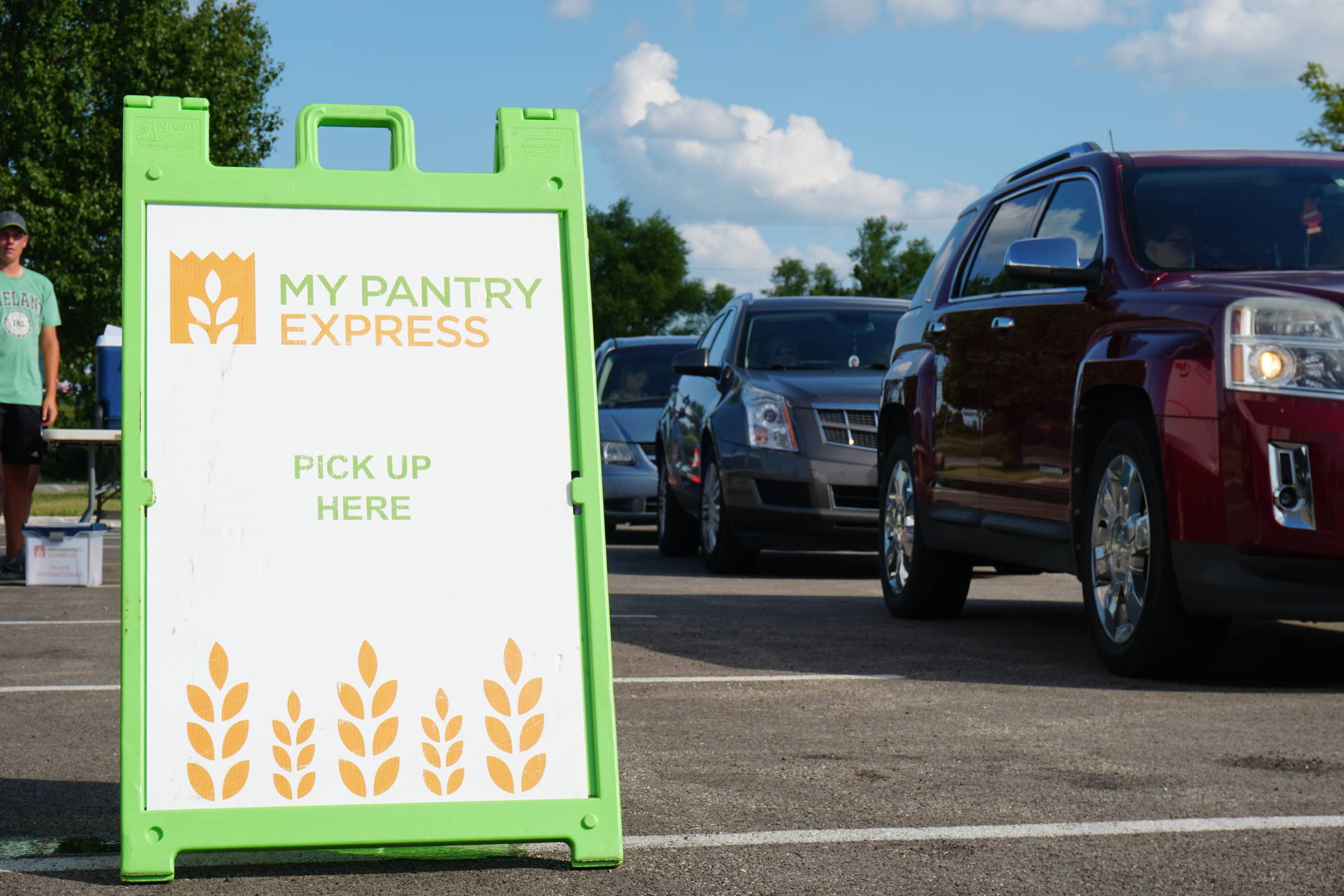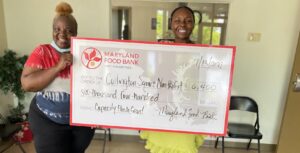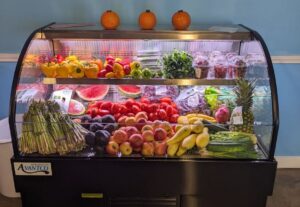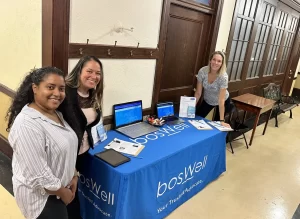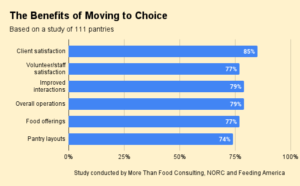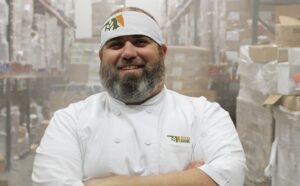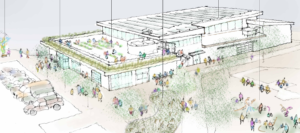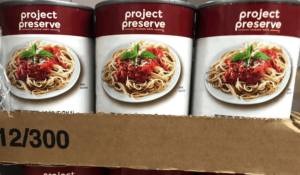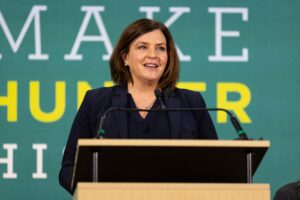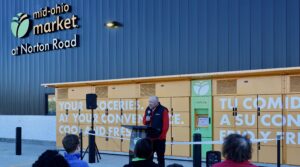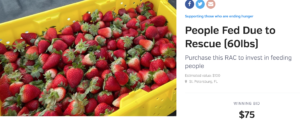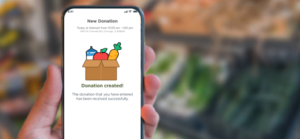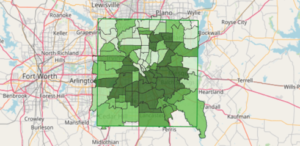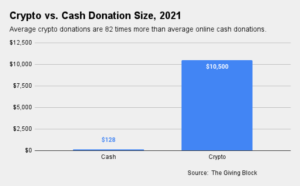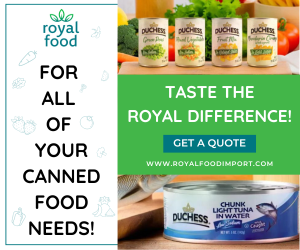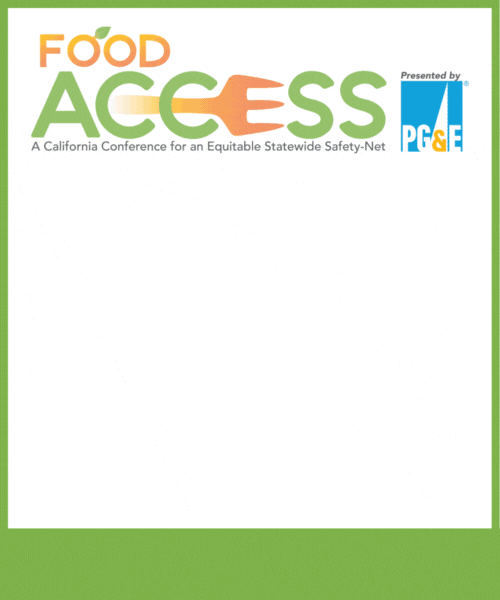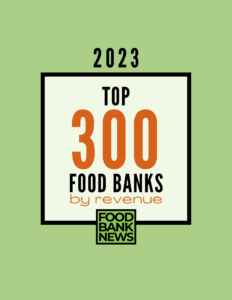Julie Yurko, the President and CEO of Northern Illinois Food Bank, was on vacation reading a book called “Delivering Happiness” about the online shoe seller Zappos when it occurred to her that the concept of online ordering with a focus on customer service did not exist in the charitable food world.
The realization led her to create My Pantry Express, an online grocery where clients can order the food they need (for free) and pick it up at convenient locations. By the end of its first pilot year in June 2019, My Pantry Express had received more than 20,000 orders and provided more than 826,000 meals. In fiscal 2020, nearly 6,500 families used the program.
At Northern Illinois Food Bank, My Pantry Express has become the preferred entryway into the charitable food network for people who are new to accessing food banks or pantries. It fulfills all the objectives Yurko was seeking to bring to a new, more modern take on charitable food: flexibility, accessibility and privacy.

“We were looking to reach the unreached neighbor, and provide them with a very normalized experience,” Yurko said.
According to Yurko, only one-third of SNAP recipients go to food banks, indicating to her that “there were lots of folks out there that we weren’t reaching.” The service has been especially timely given the growing numbers of people facing economic hardship due to the pandemic. “We knew that a lot of folks just don’t know about the charitable food network or what to expect,” Yurko said.
The intent of My Pantry Express is to offer clients a largely anonymous service where they can shop from home and have a three- to five-minute pick-up experience. When people arrive at one of ten distribution sites, their groceries are placed directly into their cars by food bank volunteers.
The online ordering system is intended to complement the food bank’s existing network of pantries, offering additional flexibility in how clients access food. “This wasn’t about cannibalizing our food pantry business,” Yurko said. “We want them to be robust — we love the bricks and mortars — it was about adding another option for neighbors who weren’t coming to us.”
A key component of My Pantry Express is the degree of anonymity it grants to its users. When users register on the website, the only information they are required to give is their first name, the initial of their last name, phone number, and email address. “My Pantry Express is about respect and honoring the neighbor,” the CEO said.
Additionally, participants do not have to identify as food insecure. “The idea was to keep the barrier to access really low,” Yurko said. “We knew that there was so much shame and stigma. Walking into the doorway of a food pantry is so hard for folks. That’s putting a label on yourself and putting yourself in a vulnerable position — I think folks are most courageous when they’re doing that.”
My Pantry Express users have a guarantee that they will receive the food they order when using the system. Offerings may change based on inventory but typically, clients shop once a week and are allowed up to two of every item offered.
By providing a very private experience with lots of choice, Yurko hoped to attract people who typically would not consider tapping into the charitable food system. “We learned that often, folks didn’t feel needy enough,” Yurko said. “When people know that MPX is a dependable service, they regularly utilize it, better keep up with other bills, and receive more nutritious foods.”
The average order is about 50 pounds (around 20 items), even though there is the capacity to choose up to 70 to 80 items. “When you give folks a choice, they choose what they need,” Yurko pointed out. “So I find that just a wonderful testament to human kindness.”
Currently, Northern Illinois Food Bank is distributing orders at eight Walmarts and two school sites. Previously, local Goodwill stores were also operating as distribution points, but those locations have been paused amidst the pandemic. Initially, Yurko had considered utilizing services such as Peapod or Amazon to distribute the food, but changed course after learning that those services would include extra cost for the food bank.
With a cross-collaborative team that works to review inventory needs and shopping patterns, Northern Illinois Food Bank updates My Pantry Express’ inventory on a regular basis. “When it comes to inventory, we do have a robust, but right now, manual system,” Yurko said. “Last year, we had built out the consumer-facing system and right now, we are building a middle inventory system.”
The updated inventory system is expected to be completed by the end of the calendar year and will help automate the supply chain. Currently, in a Covid-19-related change, customers are choosing from a series of themed food boxes as opposed to individual items. Yurko expects the program will return to supplying individual items, while also continuing to offer themed packages of food.
What started with Yurko reading a book on vacation and initiating conversation with Feeding America and fellow food banks, now continues with a successful program that is growing across the nation. “We started by thinking about how we could increase access to charitable food using technology,” Yurko noted.
In 2019, Feeding America invited two additional food banks to test My Pantry Express: Second Harvest of Southern Wisconsin and The Dayton Foodbank. Throughout the past year, Houston Food Bank and Mid-Ohio Foodbank have also joined the conversation with Feeding America’s team.
“One of our neighbors recently said that because of the choice we offer and the way in which we offer MPX, it’s a leveler for her,” Yurko said. “She no longer feels lower than or less than folks who can go to the grocery store. She feels as respected and as cared for as those folks. If MPX can be a small part of helping someone do their very best, then … mic drop.” — Odeya Rosenband
Odeya Rosenband is a freelance writer and essayist at Cornell University studying government and creative writing. She is a columnist and staff writer at The Cornell Daily Sun.
Like what you’re reading?
Support Food Bank NewsConnect with Us:
